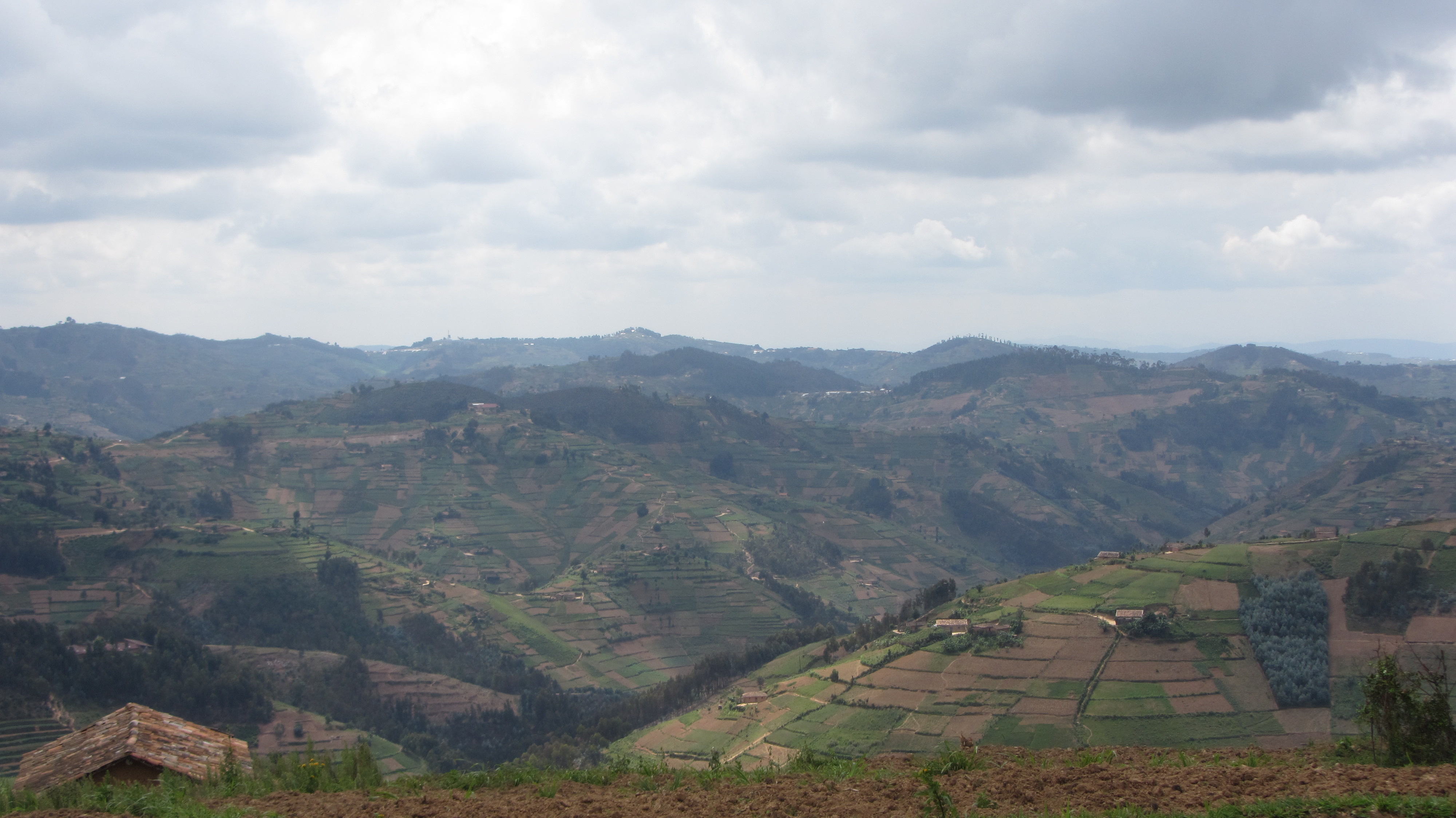

Around 3 million hectares of forest are lost every year in Africa and 65 percent of land on the continent is affected by degradation resulting in an annual loss of 3 percent of GDP from soil and nutrient depletion. Most of these areas affected by degradation in Africa are mountainous given the rough topography, relatively high precipitation, and high population densities that characterise mountain regions. African governments and their international partners under the Bonn Challenge are championing Forest Landscape Restoration (FLR) as a solution to this pervasive issue through the AFR100 initiative. Through this initiative, African governments have committed to restore 100 million hectares of deforested and degraded landscapes across Africa by 2030, an area that is equivalent to the entire territory of Madagascar. Forest Landscape Restoration (FLR) is the most suitable approach to this challenge given the fact that it restores ecosystem services and landscape functionality, stabilizes land use productivity and enhances resilience to climate change through the restoration of forests and tree cover outside of forests. AFR100 recognizes the benefits that forests and trees can provide in restored and resilient African mountains and landscapes such as enhanced agricultural productivity and food security, improved soil fertility, availability and improved quality of water resources, reduced desertification, increased biodiversity, and increased resilience to climate for ecosystems and human communities. Although it is not possible to replace a pristine forest once it’s gone, FLR can help restore many of the functions it originally provided like clean air and fresh water (Stewart Maginnis, IUCN). We urge everybody to do their bit to support Africa achieving this ambitious goal which will contribute a lot in the implementation of the Sustainable Mountain Development (SMD) agenda on the continent.
Every year, Rwanda hosts the Kwita Izina event (Gorilla Naming Ceremony), an international event that has been celebrated since year 2005. The event embodies an intriguing story of how a country can leverage its natural capital sustainably in a chang
The World Mountain Forum is a biennial event that brings together stakeholders to discuss issues around Sustainable Mountain Development (SMD) and how it can be integrated in the global development agenda. This year’s edition will be hosted by the
It is now an accepted fact that the people who live in close contact with and depend upon natural ecosystems for their survival must be fully involved in all efforts to find solutions to conservation issues we are facing today. In mountain areas of
The Albertine Rift has recently been the centre of major developments in terms of infrastructure development projects, oil exploration, and many other projects in agriculture, energy and transport sectors. These projects may represent a potential thr
East Africa’s mountains support large human populations. The Ugandan side of Mount Elgon, for instance, has an average population density of 900 people per square kilometre. The Rwandan side of the Virunga massif also harbours the highest density o
As the host of the 2nd Africa Regional Mountain Forum that was held in Kigali on 12-14 September 2018, Rwanda pledges to support Sustainable Mountain Development (SMD) initiatives in the country and develop legal instruments to mainstream SMD into th